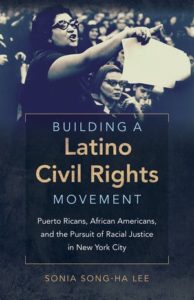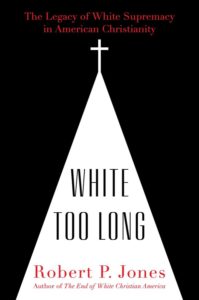 The Legacy of White Supremacy in American Christianity
The Legacy of White Supremacy in American Christianity
In White Too Long, author Robert P. Jones demonstrates how deeply racist attitudes have become embedded in the DNA of white Christian identity over time and calls for an honest reckoning with a complicated, painful, and even shameful past. Drawing on lessons gleaned from case studies of communities beginning to face these challenges, he argues that contemporary white Christians must confront these unsettling truths because it is the only way to salvage the integrity of their faith and their own identities.
As the nation grapples with demographic changes and the legacy of racism in America, Christianity’s role as a cornerstone of white supremacy has been largely overlooked. But white Christians of all denominations have not just been complacent or complicit; rather, as the dominant cultural power, they have constructed and sustained a project of protecting white supremacy and opposing black equality that has framed the entire American story. Jones challenges white Christians to acknowledge that public apologies are not enough—accepting responsibility for the past requires work toward repair in the present.
Reviews and endorsements of the publication include:
“White Too Long is a powerful and much needed book. It is a direct challenge to white Christians to finally put aside the idolatry of whiteness in order to release the country and themselves into a different possibility. With clarity of moral vision, historical nuance, and the sensitivity of an artist’s pen, Jones has written a critical book for these troubled times.” —Eddie S. Glaude Jr., James S. McDonnell Distinguished University Professor of African American Studies, Princeton University; author of Begin Again: James Baldwin’s America and Its Urgent Lesson for Our Own
“In White Too Long, Robert Jones offers both searching personal testimony and a rigorous look at the facts to call white Christians to account for the scandalous ways white supremacists have regularly distorted and manipulated a faith dedicated to love and justice to rationalize racism. Jones is a rare and indispensable voice in our public conversation about religion because he combines painstaking data analysis with a sure moral sense. May this book encourage soul-searching, repentance, and conversion.”—E. J. Dionne Jr., Columnist for The Washington Post; author of Code Red: How Progressives and Moderates Can Unite to Save Our Country
“Robert P. Jones’s searing White Too Long brilliantly argues that his fellow white Christians must dissent from their received faith and embrace a theology of racial justice. White Too Long is a prophetic call of redemption for folk who have too often idolized whiteness and worshipped America instead of the God of Martin, Fannie Lou and Jesse.”—Michael Eric Dyson, University Professor of Sociology, Georgetown University; author of Tears We Cannot Stop: A Sermon to White America
For more information on the publication, click here.
Fellow travelers are scholars, activists, and practitioners that embody the ideals and commitments of the Project on Lived Theology. We admire their work and are grateful to be walking alongside them in the development and dissemination of Lived Theology.

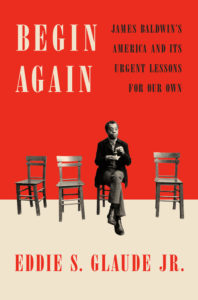
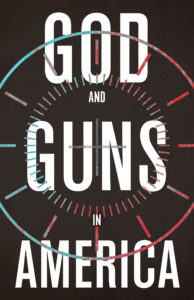
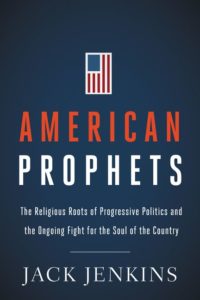 The Religious Roots of Progressive Politics and the Ongoing Fight for the Soul of the Country
The Religious Roots of Progressive Politics and the Ongoing Fight for the Soul of the Country